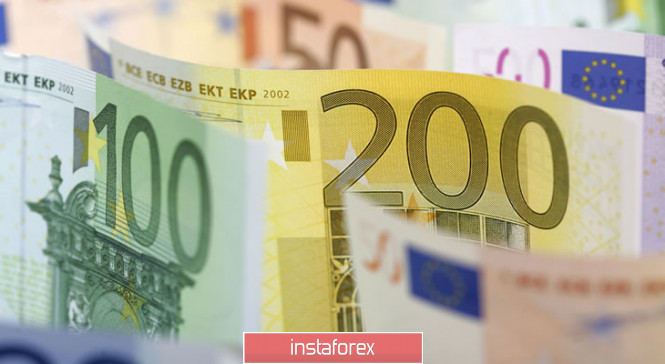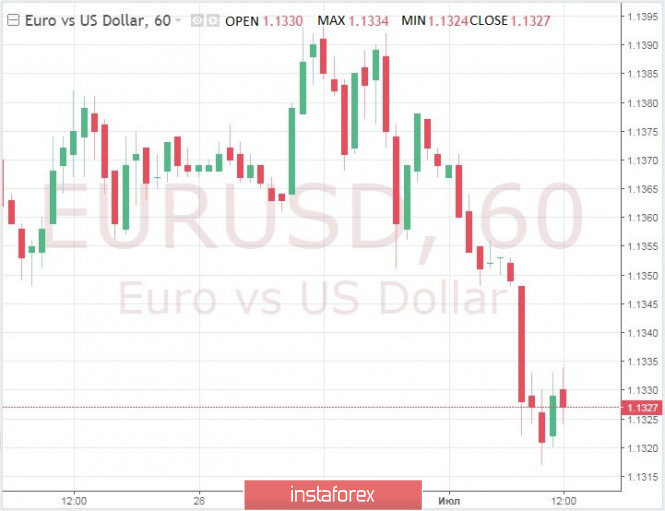
According to the survey, production activity in the eurozone declined last month more than previously thought. Pessimistic data is likely to strengthen the position of those who require the ECB to ease monetary policy. In June, the total index of purchasing managers (PMI) from IHS Markit was 47.6 points, which is lower than the previously recorded figure of 47.8 points and May points 47.7 points. This is the fifth month in a row, when the indicator is below the level of 50 points, separating growth from reduction.

"Production in the eurozone remains at a standstill in a steep decline in June, continuing to fall at the fastest pace in the last six years. Disappointing survey data completes the second quarter, where the average PMI was the lowest since the first months of 2013," comments Chris Williamson, chief economist at IHS Markit. All this indicates that the beginning of the second half of the year will be weak, new orders fall for the ninth month, stocks of new materials are not replenished, the number of personnel has decreased for the second month in a row. To try to stimulate demand, manufacturers almost do not raise prices. The PMI price index in the manufacturing sector fell to 50.6 points compared with the May 51.6 points, reaching the lowest level since September 2016. Official data showed that inflation in the eurozone remained weak in June, at 1.2%, which is far from the 2% that the ECB would like. The decline in production is increasingly helping to reduce inflationary pressures, as manufacturers and suppliers restrain price increases in order to keep customers and increase sales. ECB President Mario Draghi, in his speech last month, spoke of the need for additional incentives in the absence of any acceleration in economic growth and inflation. According to a recent Reuters survey, by the end of September, the central bank will either lower the rate on deposits, or even further weaken its forward forecasts.
The material has been provided by InstaForex Company - www.instaforex.com